It is often tempting when taking photographs to fill up as much of the space as possible. When taking photos of a subject that really interests you, it can be hard to censor yourself and consider your composition carefully. The use of negative space next to your subject matter can add so much to the content and composition of your shots. It can show off the contours of something in the foreground or help angle or anchor the rest of your shot.
In each of these shots, I purposely set up the composition so that the negative space was as important to the shot as the main subject matter. I chose to do this in the shot of the ocean to emphasize the beautiful sky and also to elongate the driftwood on the beach. The telephone wires coming into open space in the second photograph added to the sense of combining new technology with historic architecture. In the third photograph, I angled the shot to emphasize the statue’s wings in the blank sky.
Some of these were composed with something very particular in mind, but often adding enough room for negative space can create some unexpected results.
Each of these shots was taken with the intention of having a lot of open space, but the details and shapes that I saw after developing the film were a wonderful surprise. Filling up photographs from edge to edge can sometimes create confusion and a lack of detail in certain shots. In color photographs, it can help create focus and also, give a lot of emotion to the area or location. In black and white photographs, the negative space can add an amazing amount of contrast and also play up on the unique shapes present.
In the case of this photograph, the texture and incredible detail from the smaller branches could only be accomplished by setting the branch against the clear, solemn sky in the background. It adds subtle meaning and also simple, specific aesthetics.
It is as much about seeing the space around the object as seeing the object itself. How do you angle the camera to create a shot that emphasizes the edges of something or creates the right amount of tension? I think many photographers will often crop out negative space, either in the camera or later in the computer, instead of embracing the possibilities that it offers. It offers so much more room for experimentation and adding design and sophistication to the shots. It also adds a realistic element where the subject matter exists in a space and the two complement each other. It is only a matter of composing your shots to find this duality and cooperation.
Photographs are more than the objects that are being shot. They are also the environment and space they come from. Including and composing the negative space can add context and visual interest to an otherwise ordinary photograph.


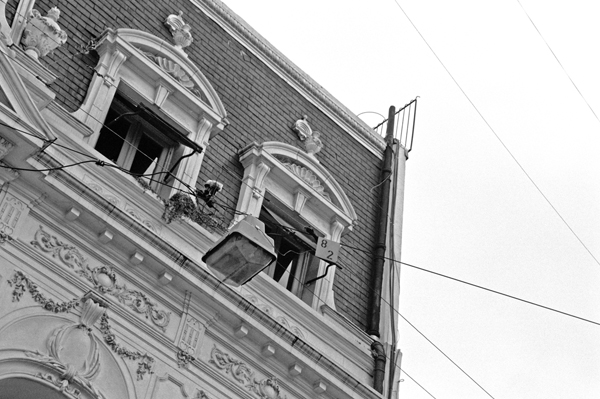
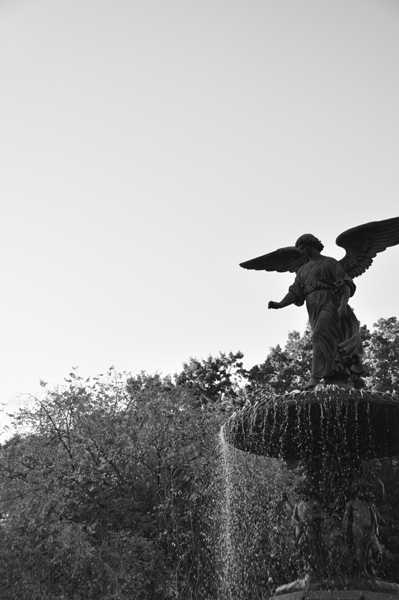
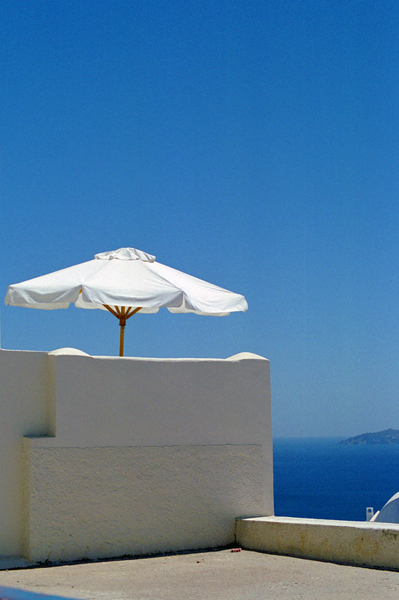


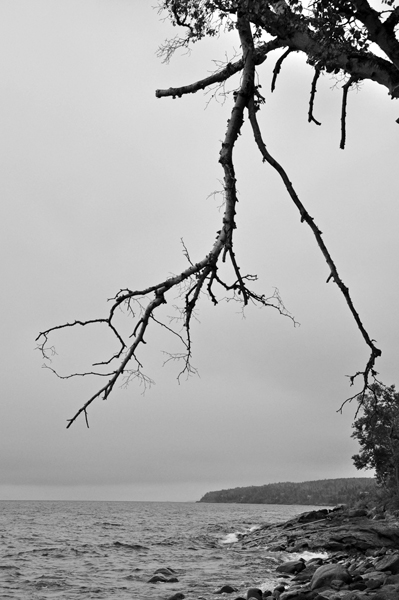

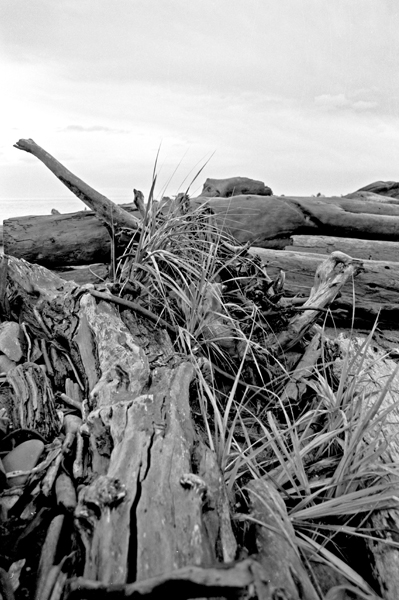
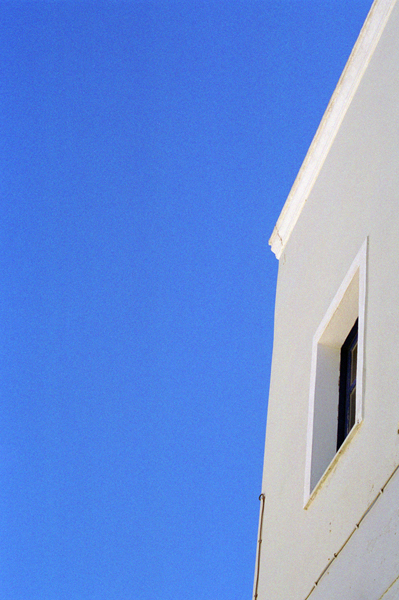


Pingback: 200 Awesome Fresh Articles for Designers and Developers | tripwire magazine
Pingback: AnimHuT User-Link Feed 2010: JULY05-July11 » jQuery, Design, Tutorials, Your, iPhone, Free » AnimHuT